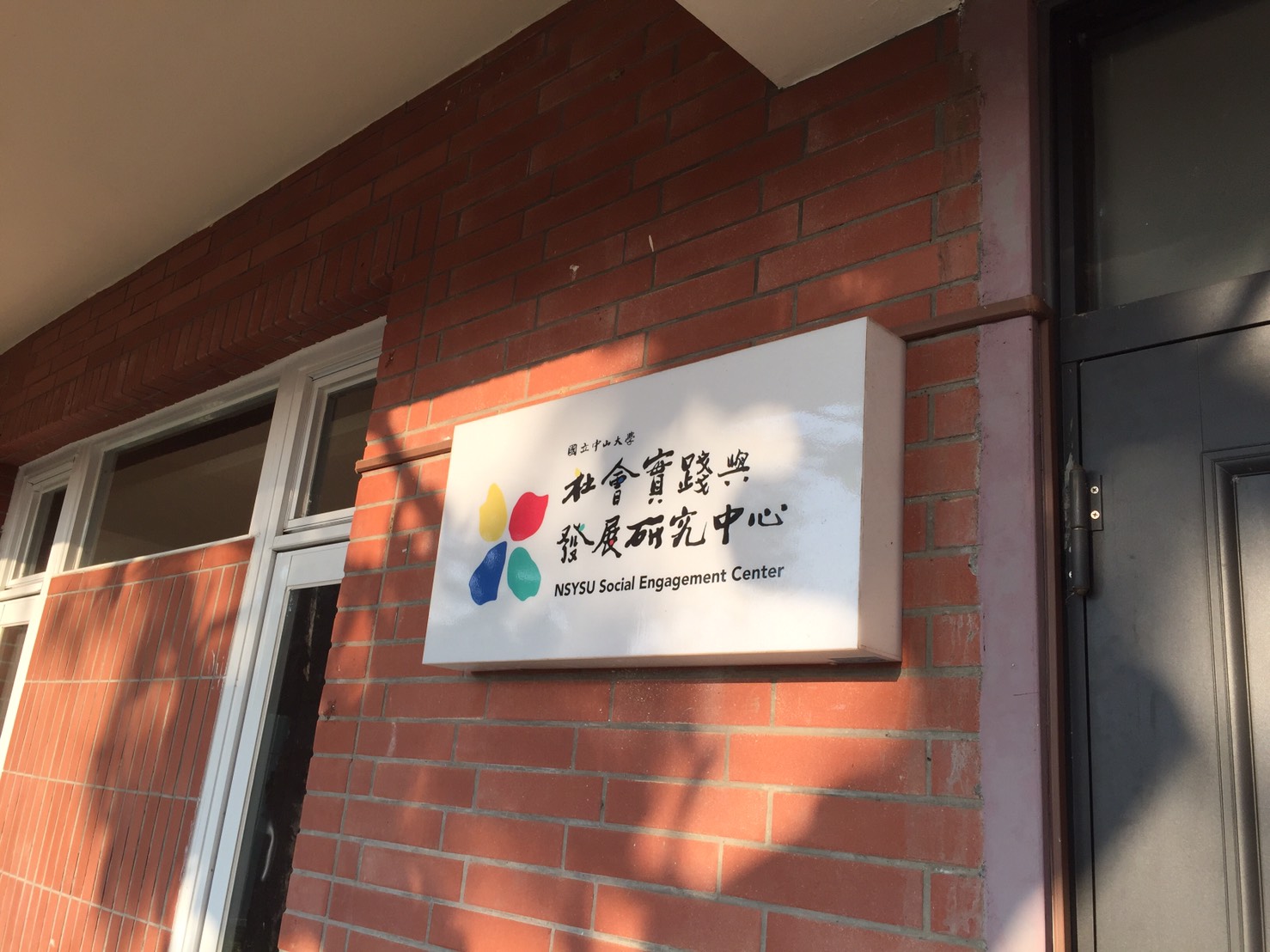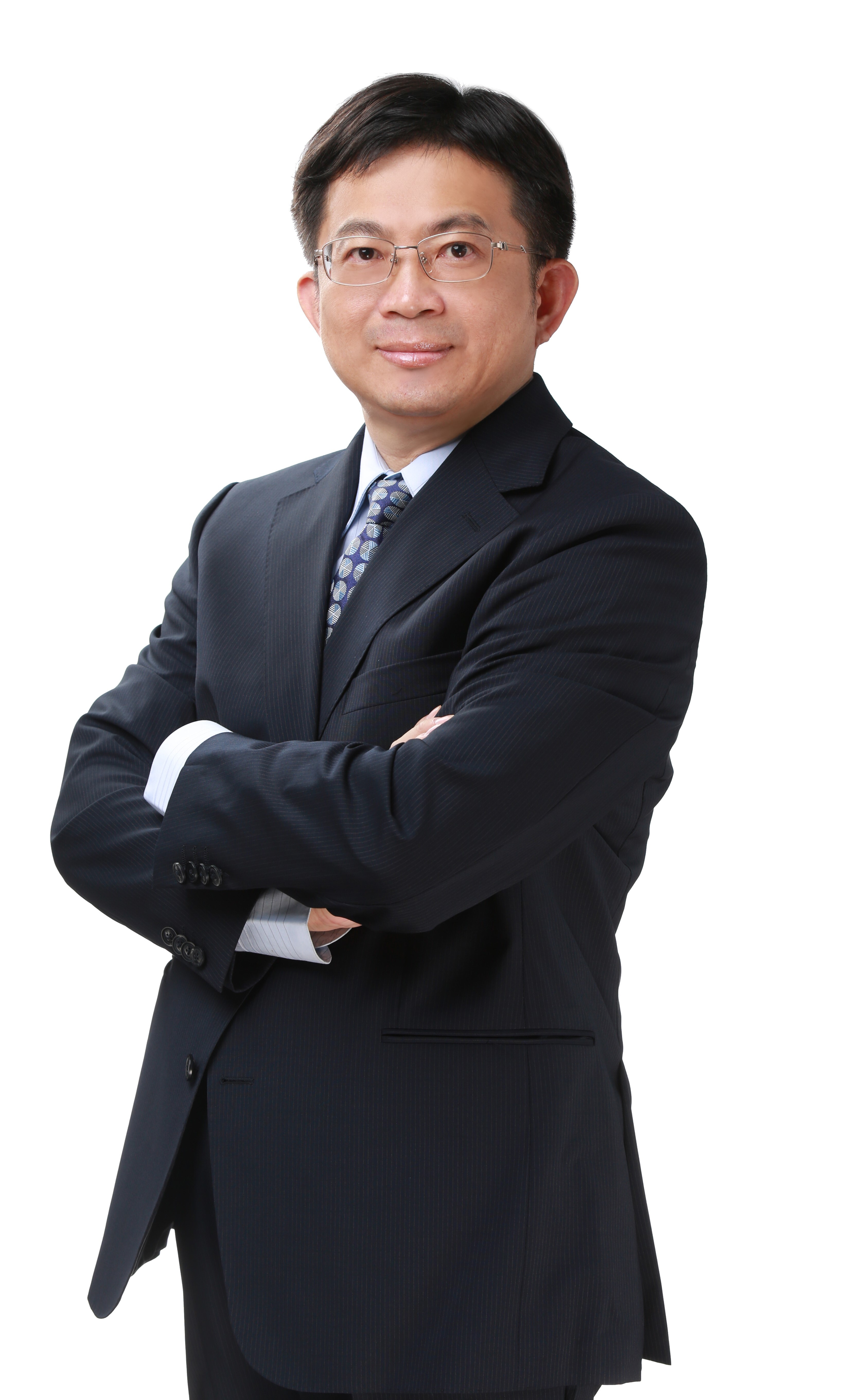The world is changing at an unprecedented rate, and many issues require urgent attention, from global environmental changes, technological development, and political trends to local industry transformation, population migration, and home care for the elderly. The United Nations formally announced the Sustainable Development Goals (SDGs) in 2015, proposing 169 monitoring indicators across 17 categories all relating to global issues. The UN aims to consolidate the efforts of its member countries to eliminate these issues by 2030. Universities simultaneously serve as educational institutions and urban think tanks. They shoulder the responsibility of fostering talent and imparting knowledge. In order to promote sustainable development, universities cannot solely focus on the pursuit of academic advancement. Making knowledge accessible to the public and society, fostering academic professionals that care about society, consolidating academic knowledge to provide constructive recommendations, and resolving problems to promote social welfare are unshirkable responsibilities of institutions of higher education.
National Sun Yat-Sen University is located in the Kao-Ping area. We have witnessed a dramatic land transformation in the 40 years since the school was established. What was once deemed the representative heavy industry region for economic takeoff has since become a breeding ground for land pollution and regional stigma. The past prosperity of the old city district has developed into a marginalized area with an aging population amidst the shift in the business district. Extreme global climate change has also left deep scars on the land. Lush tourist hotspots are now faced with floods and traffic cutoffs after rainfall. With such drastic changes, existing cultural foundations will soon be lost. Under the “localization is globalization” mentality, the future development of Kaohsiung and Pingtung and coping with land transformation are issues that are the utmost priority at National Sun Yat-Sen University.
Through a variety of programs and courses, the teachers and students of National Sun Yat-Sen University continue to expand beyond the campus and explore and grow with local communities. The university combines the two primary objectives of the government’s social responsibility practice policy, namely, “integrating resources to assist local development” and “consolidating regional school resources to assist urban and rural education” and “Kaohsiung Education” as its core philosophy to engage in local cultural preservation and knowledge transformation in early development districts such as Qijin, Gushan, and Yangcheng. Efforts include the transformation of local cultural and historical field surveys into art education and cultural promotion. Innovative courses have also been developed to encourage students to set local implementation goals, consolidate local curatorial concepts, and foster the mentality of and skills for entrepreneurship and innovation while connecting enterprises and social welfare resources to jointly help disadvantaged groups and promote environmental sustainability. In transitional districts such as Zuoying and Cianjhen, middle and elementary schools serve as the bases for developing local education that meet local demand. Artistic interventions are introduced to encourage cross-generational co-creation and community interaction. In addition to urban areas, National Sun Yat-Sen University also operates in the East Kaohsiung area, wherein agriculture, forestry, and tourism are the predominant industries. By consolidating the local public affairs practices, students are led to farming villages to help resolve community issues and promote industrial development. Adhering to regional revitalization policies, university teams expand deep into the mountain regions of Jiasian, Liouguei, Taoyuan, and Wutai to help local government offices organize workshops and draft local revitalization strategies. In terms of international affairs, National Sun Yat-Sen University launched the “ESD Two-Way Curriculum” with Chiba University and the University of Tsukuba in Japan. The course is themed “Future Bay Cities” and will be carried out simultaneously in Kaohsiung City and Yokohama City.
The university established the “Social Engagement Center” – a Tier 1 interdisciplinary department – in 2018. The center carries out the university’s integration plan through school administration, resource concatenation, and marketing and promotion. It has become the backbone for promoting and executing various social practice projects in the university. In addition, professional teams from a range of disciplines have come together to organize large conferences and exhibitions, and center members have personally visited remote district offices and communities to help in designing revitalization strategies. The Social Engagement Center will continue to promote the fulfillment of the university’s social responsibilities both through administration and practice and encourage the cross-disciplinary collaboration of teachers in promoting social practice. Moreover, the center will continue to work with external government agencies, NGOs, and corporations to revitalize Kaohsiung and Pingtung in this critical time. I hope that universities can gradually shift focus from “academic influence” to “social influence.”


